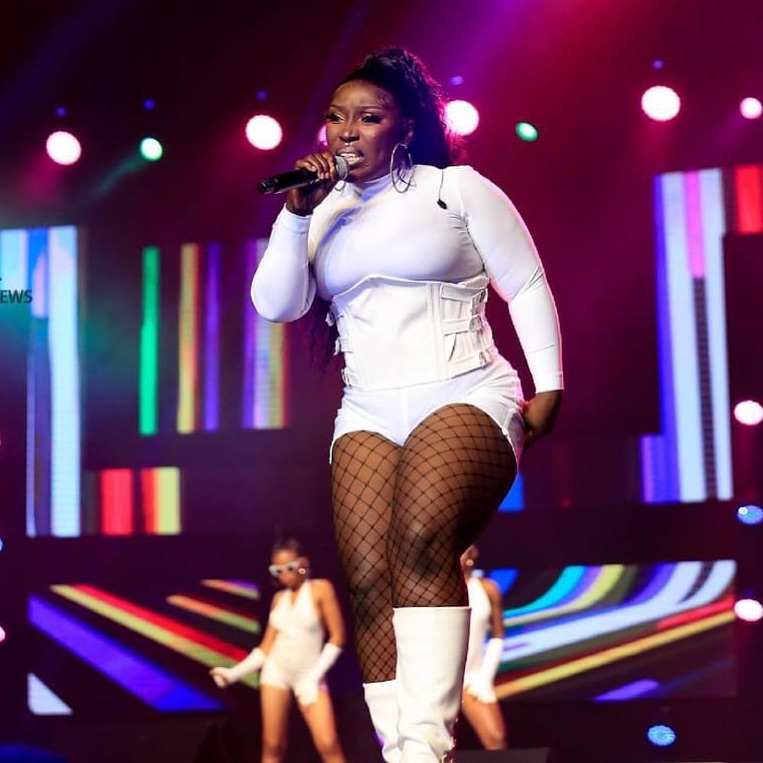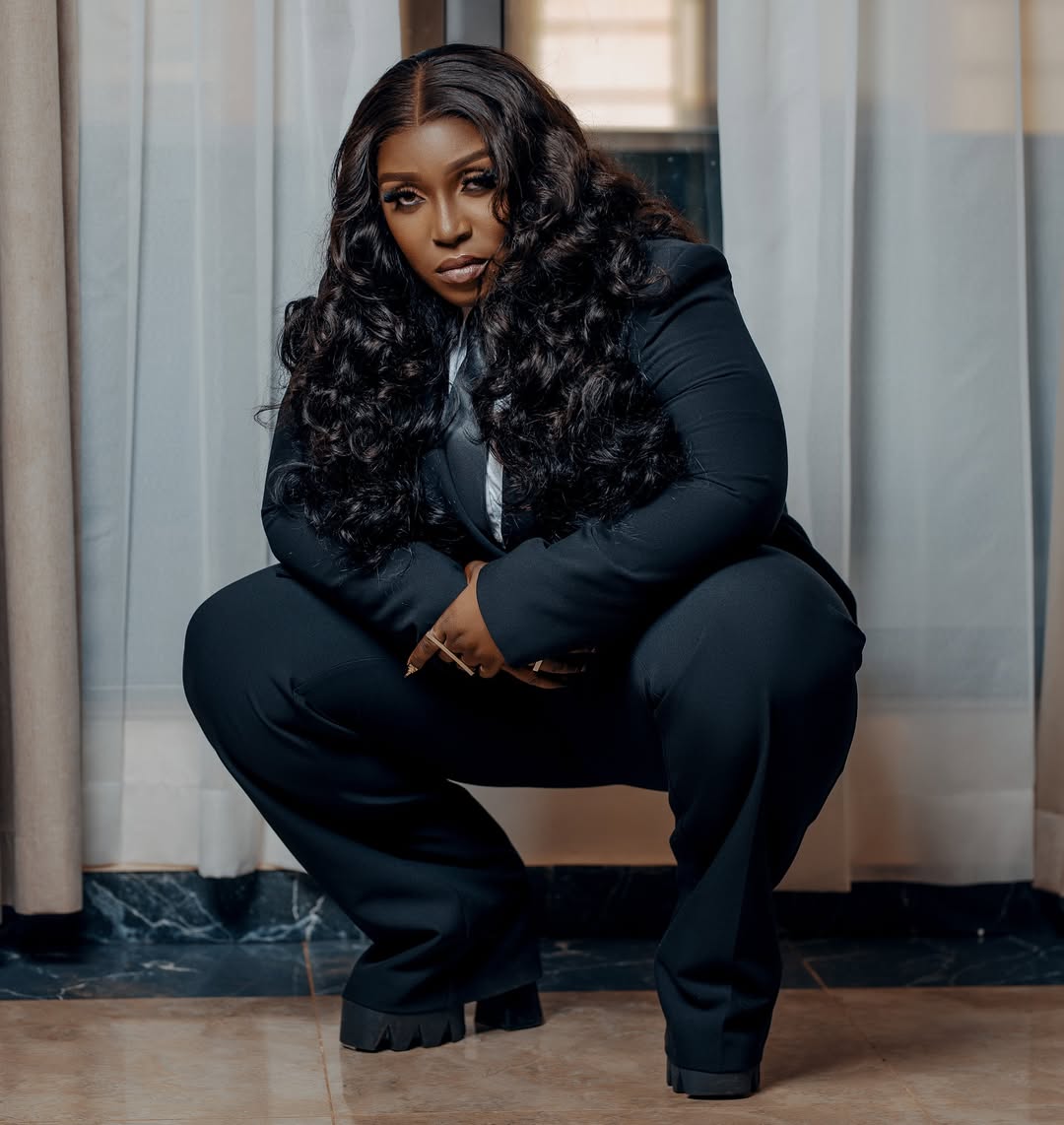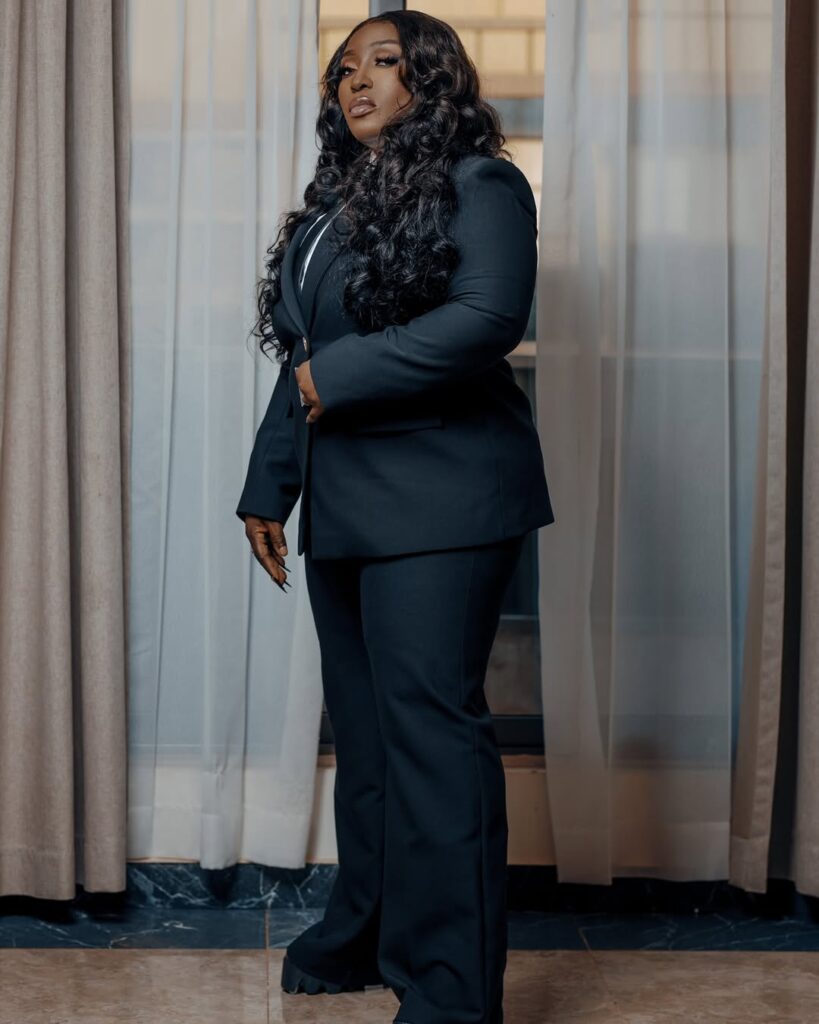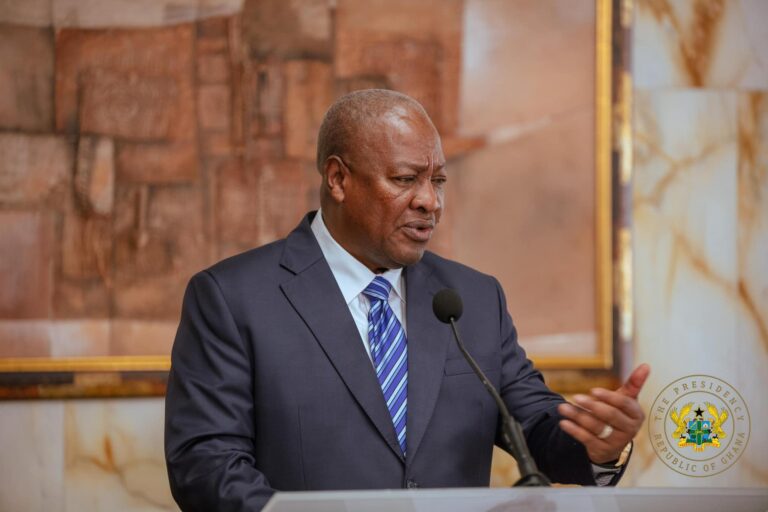Ever stopped to wonder how different things would be if one of Ghana’s fiercest rappers, Eno Barony, was a man? Sounds like a wild thought, but it’s worth exploring. This isn’t just fantasy—it’s a lens to expose the deeper currents in music, gender, and fame.
Eno Barony is more than a rapper. She’s a movement. With razor-sharp lyrics and unmatched delivery, she’s often dubbed the “Rap Goddess” of Ghana. But despite her insane talent, she’s had to fight harder, push louder, and stand taller—because she’s a woman in a game ruled by men.

Let’s be real: hip hop in Ghana (and pretty much everywhere) is a boy’s club. Female rappers don’t just compete—they hustle twice as hard for half the recognition. And respect? That’s a whole other beast.
From dropping fierce diss tracks to standing toe-to-toe with big names, Eno didn’t wait for anyone’s approval. She kicked doors down. Her journey is proof that grit beats bias—but wouldn’t it have been easier if she were a man?
Aggression, dominance, raw energy—these traits are celebrated in male rappers but often questioned in females. When Eno spits hard bars, some call her “too aggressive.” If a man did it? “That’s rap king energy.”
From lyrics to visuals, gender skews everything. Fans and critics view the same content differently depending on whether a man or woman performs it. It’s subtle. It’s systemic. And it’s real.
A male Eno Barony would probably get instant clout. Less doubt. More radio spins. More endorsements. The grind wouldn’t disappear, but the hurdles would shrink.
Masculinity is currency in hip hop. It aligns with the genre’s traditional energy—raw, unapologetic, dominant. A male Eno would naturally fit the mold that gatekeepers prefer.
Same bars. Same fire. But when a man spits them, they’re “legendary.” When a woman does, people ask if she wrote them herself.
Picture this: tall frame, designer drip, bass-heavy voice, commanding mic presence. Male Eno would own stages differently—because he wouldn’t be constantly judged for not looking feminine enough.

He’d be labeled “the next Sarkodie” in a heartbeat. The comparisons would come from admiration, not surprise.
The big names would line up to feature him. Not as a novelty. But as a peer. A threat. A beast. Something Eno had to earn tenfold.
Eno’s flow? Flawless. Her punchlines? Deadly. But too often, critics focus on her gender before her skill. Flip that around, and suddenly the conversation changes.
Critics dissect women’s lyrics differently. They’re either “too emotional” or “trying too hard.” Male rappers? “Raw,” “bold,” “authentic.” Double standards run deep.
Male artists often get ride-or-die fanbases. Females? They’re either overly sexualized or dismissed. A male Eno Barony would likely command massive, loyal crowds who see him as an alpha.
Imagine Eno on every billboard, magazine cover, and Spotify playlist without needing to “prove” his worth first. That’s the male privilege in action.
With his lyrical fire, male Eno could easily rival these icons. He’d be in every “Top 5” debate, not just “best female rapper.”
With his lyrical depth and energy, he’d give all the top guys a run for their money—and maybe even take the throne.

This isn’t just about Eno. It’s about how society frames female talent—always with an asterisk. We cheer, but often with surprise, not expectation.
Being good isn’t enough when you’re a woman. You have to be exceptional. And loud. And unshakeable. Eno is all that—and more.
So, what if Eno Barony was a man? He’d probably be Ghana’s undisputed rap king by now. But the fact that Eno isn’t a man—and is still slaying—is what makes her story iconic. It’s not the hypothetical that defines her. It’s the reality she’s rewritten with every bar, beat, and battle.




